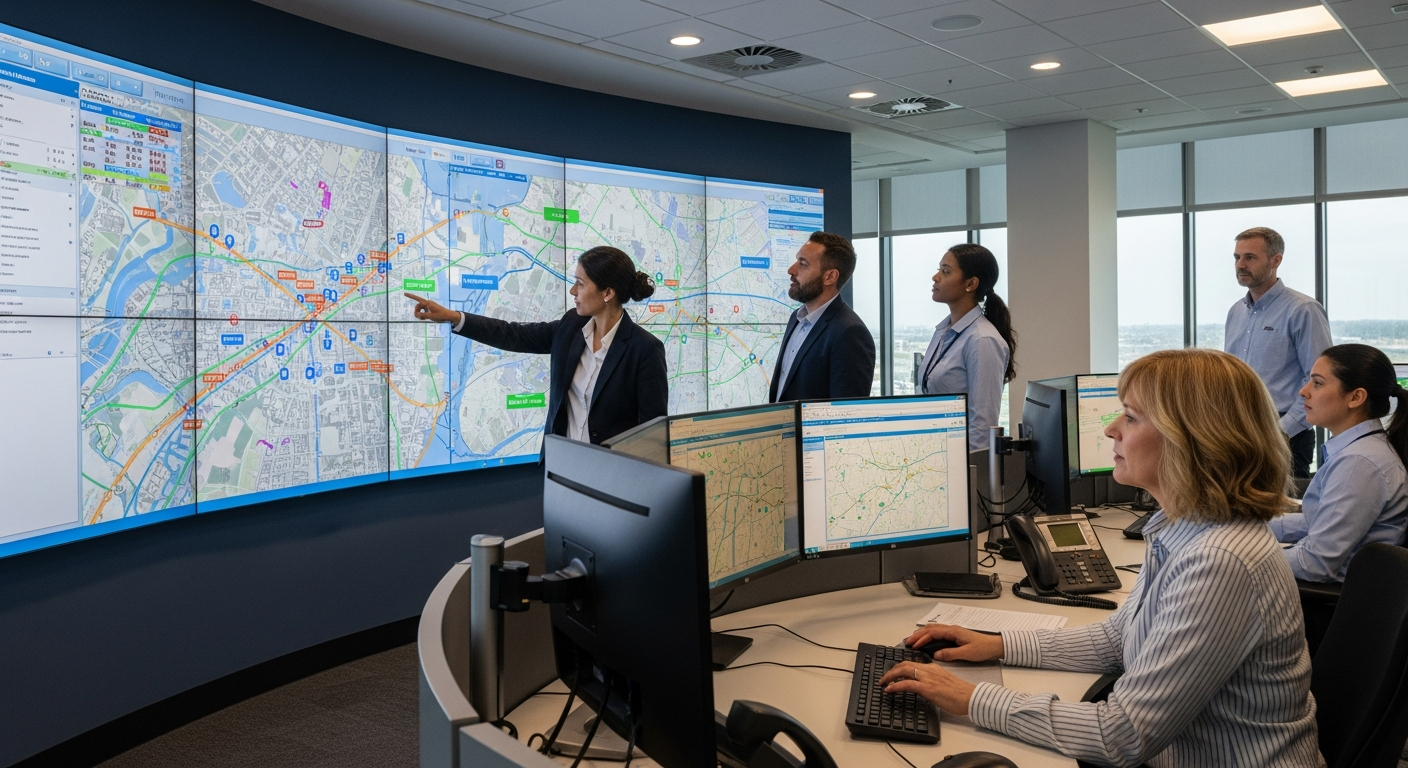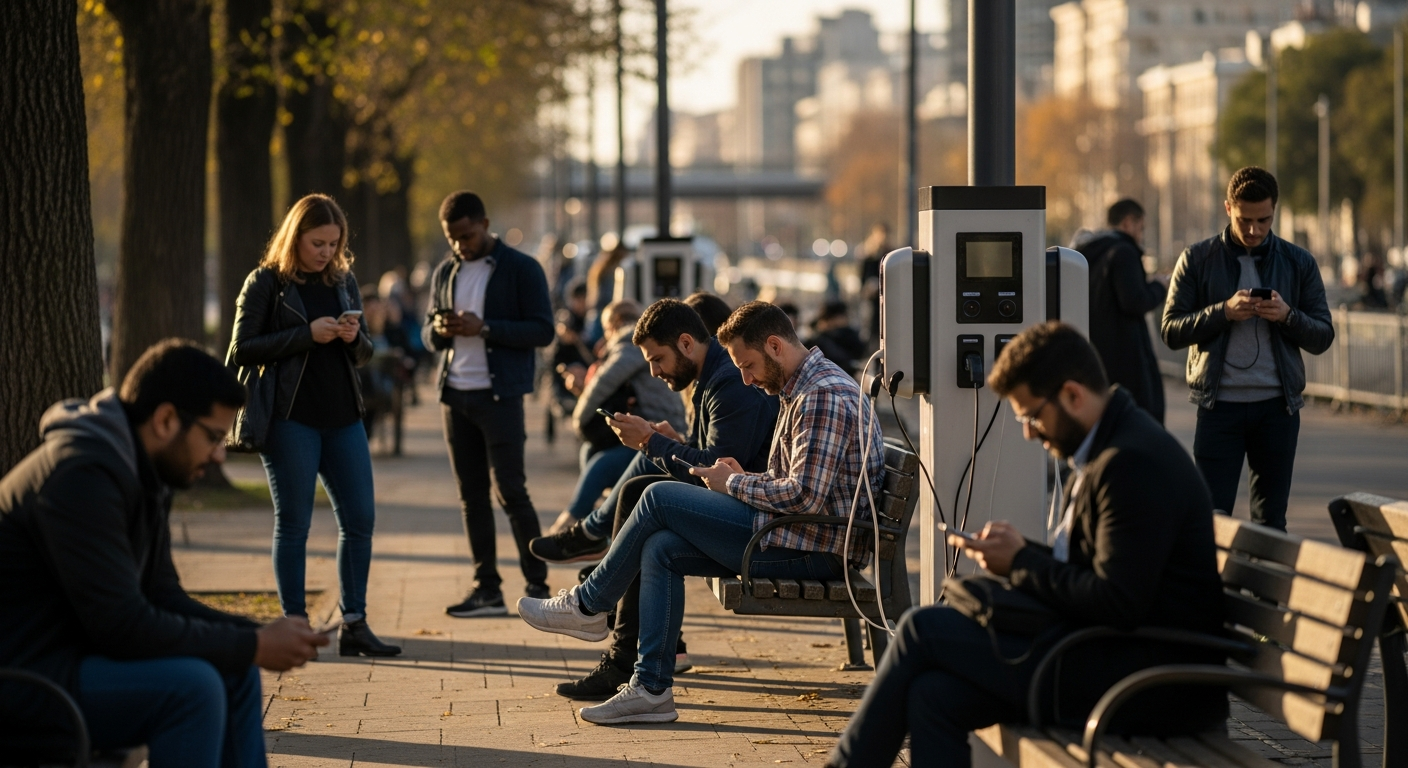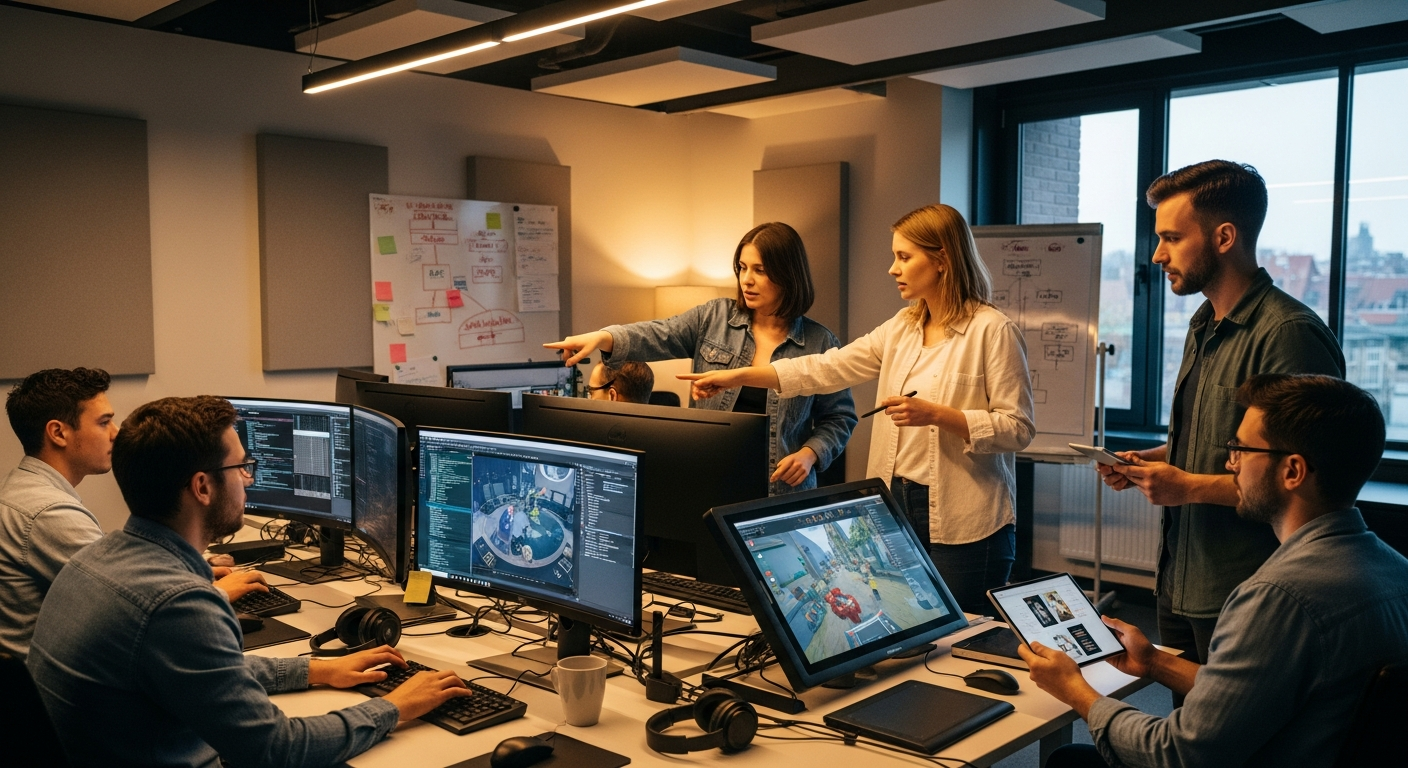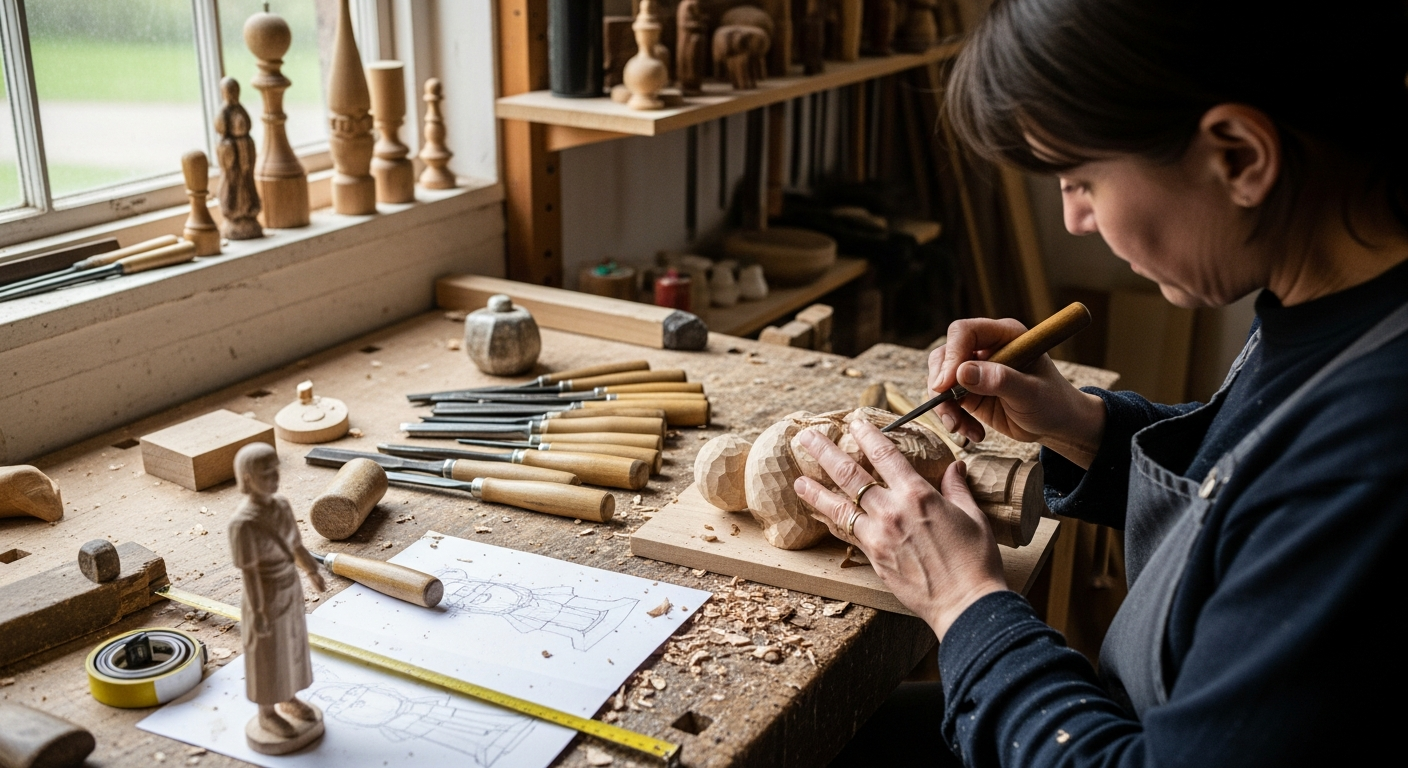The Surprising Influence of Coffee Culture on Our Society
The aroma of roasted beans, the soft hum of conversation, the clinking of ceramic mugs—these are the familiar comforts of the coffee shop, a cultural institution that has shaped our society in surprising ways. Read below to discover how this everyday beverage has brewed societal changes that extend beyond your morning cup of joe.

The Historical Brew of Coffee Culture
The coffeehouse has a long history as a social hub. Originating in the Middle East in the 15th century, the coffee shop was a place for intellectual discussion, political debate, and community connection. This tradition continued into the 17th and 18th centuries in Europe, where coffeehouses were nicknamed “penny universities” for the affordable access they provided to news, conversation, and education. They were democratic spaces, open to anyone who could afford a cup of coffee.
The Modern Cafe: A Space for Connection and Creativity
In today’s world, the coffee shop still serves as a social hub. It’s a place where people connect, work, and create. It’s no coincidence that the rise of freelance and remote work has been accompanied by a surge in coffee shop patronage. The modern cafe provides a social yet semi-private space conducive to productivity and collaboration. And for many, the gentle hum of a bustling coffee shop can be a source of inspiration and creativity.
The Global Spread and Societal Impact of Coffee Culture
Coffee culture isn’t just a Western phenomenon—it’s a global one. From the intricate rituals of Ethiopian coffee ceremonies to the playful aesthetics of South Korean cafes, different cultures have embraced and adapted the coffeehouse tradition in unique ways. But the global spread of coffee culture isn’t just a story of diversity; it’s a story of economic and societal change. For instance, the rise of coffee culture in China—a traditionally tea-drinking country—reflects growing Western influence and the emergence of a new, urban middle class.
Coffee Culture and Sustainability
As coffee culture continues to grow, it raises important questions about sustainability. The coffee industry is a major contributor to deforestation and water pollution, and many coffee farmers face poverty and exploitation. But there’s also potential for positive change. The rise of fair-trade and organic coffee reflects growing consumer awareness and concern for environmental and social justice. And many coffee shops are finding innovative ways to reduce waste, from compostable cups to creative uses for spent coffee grounds.
Brewing the Future of Coffee Culture
So, what’s next for coffee culture? As we become more aware of our impact on the world, we can expect to see more sustainable and ethical practices in the coffee industry. And as our work and social lives continue to evolve, so too will the role of the coffee shop in our society. But one thing’s for sure—the coffee culture is here to stay. It’s a testament to the power of a simple beverage to foster connection, spark creativity, and influence societal change.
Through a cup of coffee, we not only start our day but also engage with a rich cultural tradition that shapes our society in countless ways. The coffee shop—once a place for intellectual discussion and political debate, and now a hub for connection, creativity, and socio-economic change—proves that even everyday practices can have profound social implications.






